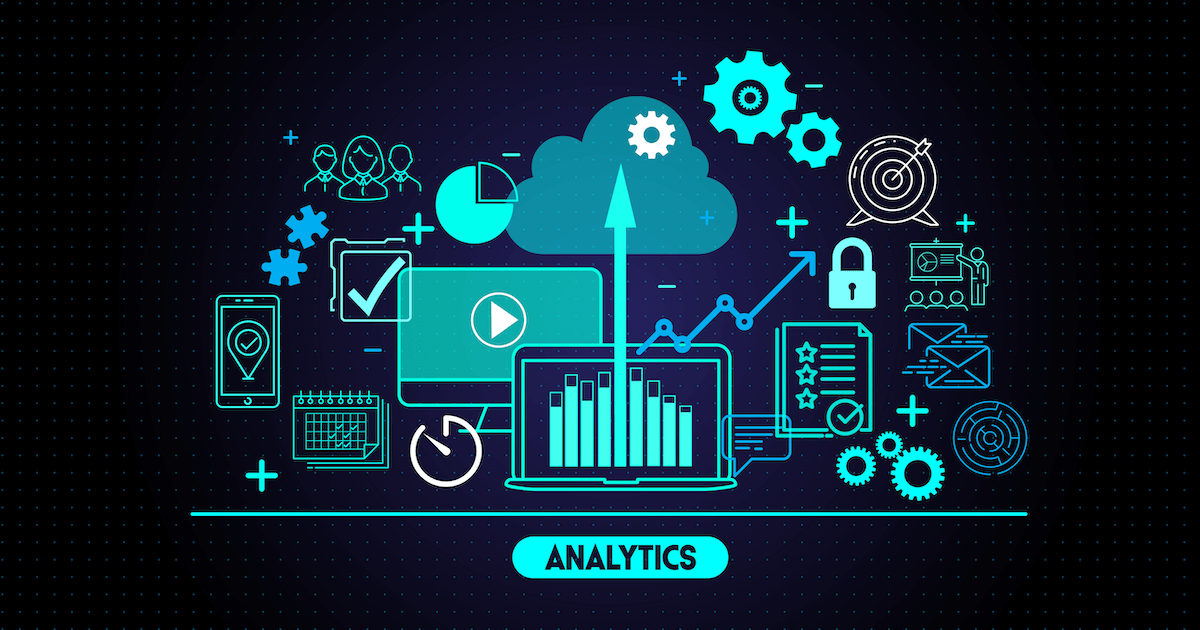Analytics: Love ‘em or Leave ‘em?!
In the age of data-driven decision-making, business analytics play a crucial role in understanding customer behavior, identifying trends, and optimizing operations. Today's businesses have access to a wealth of data from various platforms, including websites, social media, e-commerce platforms, and more. Exploring analytics across these platforms can provide valuable insights to propel your business forward. In this blog post, we will delve into the pros and cons of exploring your business's analytics across various platforms.
Pros of Exploring Business Analytics:
Data-Driven Decision-Making: The most significant advantage of exploring business analytics is the ability to make data-driven decisions. By analyzing data from different platforms, you gain a comprehensive understanding of customer preferences, interactions, and pain points. This knowledge empowers you to fine-tune your marketing strategies, optimize product offerings, and improve customer experiences.
Enhanced Customer Insights: Analytics offer valuable insights into customer behavior and preferences. You can identify which products or services are most popular, which marketing channels yield the best results, and the demographics of your target audience. Understanding your customers on a deeper level enables you to tailor your offerings and marketing messages to meet their specific needs.
Improved Performance Measurement: Analyzing data from various platforms allows you to measure the performance of your marketing campaigns, sales efforts, and customer service initiatives. With accurate performance metrics, you can identify what works well and what needs improvement. This knowledge is instrumental in allocating resources effectively and achieving your business goals.
Identifying Market Trends: Monitoring analytics across multiple platforms can help you stay ahead of market trends and industry shifts. By recognizing emerging patterns and consumer preferences, you can proactively adapt your strategies to seize new opportunities and maintain a competitive edge.
Personalization and Customer Retention: Using analytics to understand customer behavior enables you to personalize your offerings and communications. Tailored experiences foster customer loyalty and encourage repeat business. Satisfied customers are more likely to become brand advocates, driving word-of-mouth referrals and attracting new clients.
Cons of Exploring Business Analytics:
Data Overload and Complexity: The abundance of data from various platforms can lead to data overload. Analyzing and interpreting this data can be a complex and time-consuming process, especially for businesses without dedicated analytics teams. Without the right tools and expertise, businesses may struggle to extract actionable insights from the vast amounts of data.
Privacy and Security Concerns: Exploring business analytics often involves handling sensitive customer data. Businesses must prioritize data privacy and security to protect customer information from unauthorized access or breaches. Non-compliance with data protection regulations can result in legal consequences and damage to your brand reputation.
Integration Challenges: Different platforms often use different data formats and analytics tools. Integrating data from multiple sources can be challenging and may require custom solutions or third-party software. Data silos can hinder your ability to gain a holistic view of your business's performance.
Misinterpretation of Data: Interpreting data accurately is critical to making informed decisions. Misinterpretation of data or relying on incomplete or misleading metrics can lead to misguided strategies and missed opportunities. It's essential to have a clear understanding of the context and limitations of the data being analyzed.
Cost and Resource Allocation: Investing in analytics tools and resources can be costly, especially for small businesses with limited budgets. Additionally, exploring analytics requires skilled personnel to handle data analysis and derive valuable insights. Allocating the right resources to analytics may divert attention and funds from other critical business areas.
Exploring business analytics across various platforms offers numerous advantages, empowering businesses to make data-driven decisions, gain customer insights, and adapt to market trends. However, it comes with challenges, including data complexity, privacy concerns, and the need for skilled resources. To maximize the benefits of analytics and overcome these challenges, businesses should invest in suitable analytics tools, prioritize data privacy and security, and ensure the appropriate expertise is available to analyze and interpret data accurately.
Ultimately, striking a balance between data exploration and practicality is essential. Focus on the most critical data sources and metrics that align with your business objectives. By harnessing the power of analytics responsibly, you can drive your business towards sustained growth and success in an increasingly data-driven world.

